ATLAS Communities
Looking at how to make more authentic schools and learning environments
How would you design a school so that the curriculum is organized around essential questions, such as "What is justice?" or "What does it mean to be alive?" So that students take responsibility for their own learning, and teachers act more like coaches than lecturers or judges? So that all adult members of the school community have a voice in the decision-making process?
The ATLAS Communities Project (Communities for Authentic Teaching, Learning, and Assessment for all Students) grappled with such questions as it attempted to design "break-the-mold schools" for the 21st century. It was one of 11 school reform projects nationwide selected in August 1992, for funding by the non-profit New American Schools (NAS, formerly New American Schools Development Corporation).
In the ATLAS Project, Project Zero worked with the Coalition of Essential Schools at Brown University, the School Development Program at Yale University, and the Education Development Center in Newton, Massachusetts. The group established pre K-12 pathways (including at least one elementary, middle, and high school) in several dozen jurisdictions around the country. Although Project Zero is no longer actively participating in the ATLAS Communities, they are now addressing the following six areas of school design:
creating authentic learning environments in which the curriculum emphasizes in-depth understanding and assessment is conducted in the context of student work;
exploring learning and development opportunities for all adults involved with schools and students;
setting standards for accomplishment, outlining what all ATLAS students should know or be able to do at different levels;
examining effective organizational structures that enable schools to solve problems collaboratively;
identifying state laws that stand in the way of systemic reform;
- designing a practical approach to technology for instruction, assessment, and administrative support.




-
-
-
-
-
-
Support PZ's Reach